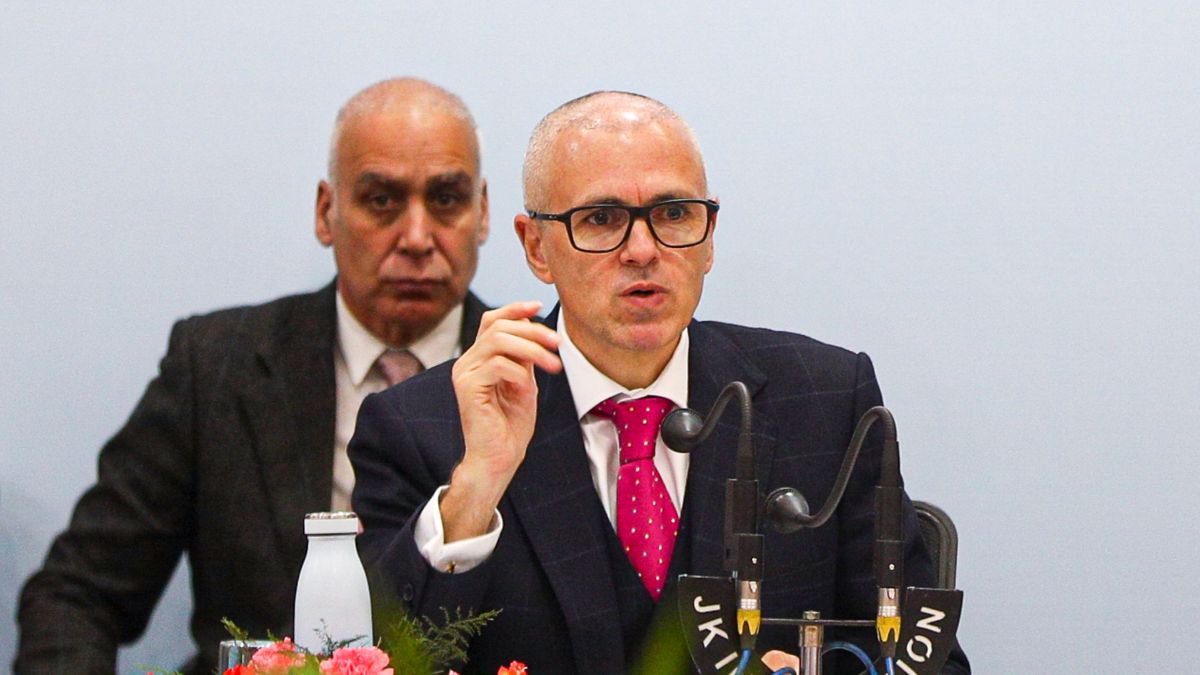Jammu and Kashmir Chief Minister Omar Abdullah and his party, the National Conference (NC), have raised concerns about the proposed ‘One Nation, One Election’ initiative, calling for a transparent and open debate on the matter.
“There is a need for a transparent and open discussion on the ‘One Nation, One Election’ proposal. It should not replicate the contentious process surrounding the abrogation of Article 370 (which led to the withdrawal of J&K’s special status) in 2019,” Abdullah said
He cautioned that unilateral decisions on such critical issues could undermine the democratic process.
He criticised the current approach to the Bill, saying it remains a Cabinet proposal and has not yet been tabled in Parliament.
“The Bill is a Cabinet proposal and has not been tabled in Parliament. It should not meet the same fate as the Bill related to Article 370, which was passed within one or two hours after a token discussion,” he said.
He also clarified that the NC would deliberate internally before deciding its stance.
“Accordingly, our Members of Parliament will vote,” he said.
Adding to Abdullah’s concerns, NC Member of Parliament (MP) Mian Altaf criticised the Union Cabinet’s decision to approve the initiative, describing it as rushed and lacking adequate deliberation.
“This is a significant decision that impacts the democratic framework of the country. We believe such matters require extensive deliberations and discussions, rather than being hurriedly rushed through the Cabinet,” Altaf said.
He said there’s a need for a detailed parliamentary debate to thoroughly examine the implications of the proposal.
“We want discussions to be held in Parliament, where all aspects of this policy can be examined thoroughly. During the session, MPs from the INDIA alliance will put forth their suggestions, allowing the people to understand its implications,” Altaf said.
The BJP argues that the ‘One Nation, One Election’ initiative aims to synchronise elections for the Lok Sabha, state assemblies and local bodies. Advocates of the policy argue that it could reduce election-related expenses and enhance administrative efficiency.
However, critics have expressed concerns that it might disrupt India’s federal structure and lead to a centralisation of power, potentially weakening democratic governance.
As the Bill approaches parliamentary consideration, the NC has committed to closely examining the proposal and ensuring its MPs contribute meaningfully to the debate.



